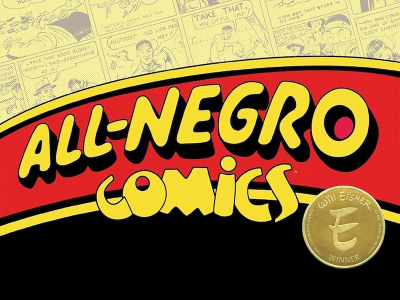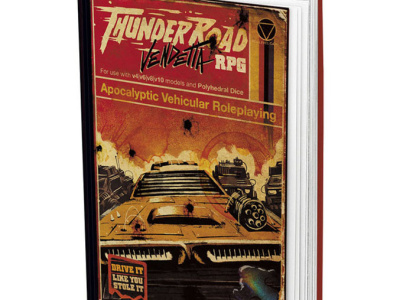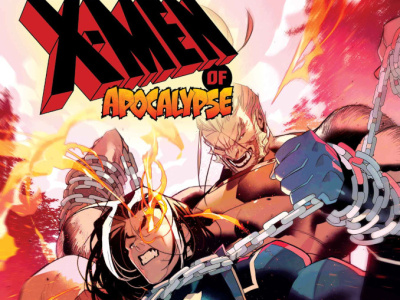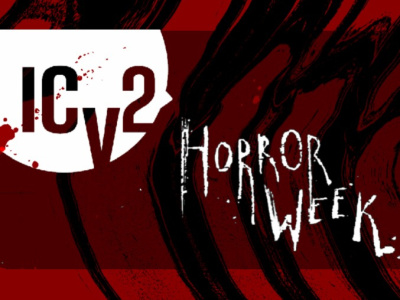
At today's Marvel press conference, the company announced the return of the Epic imprint, this time as a line of creator-packaged books which will range from new takes on Marvel characters, to books licensed from other media (Alias was the example given, but not announced as an Epic title), to books featuring creator-owned work. The first book published under the new imprint will be Trouble, a five-shot miniseries by Mark Millar, Terry Dodson, and Rachel Dodson, due for release July 2. The photo covers for the 'modern day romance' series are photographed by fashion photographer Philippe Biabolos. More Epic titles will be announced within the next month. Marville #7, shipping in May, will introduce the Epic concept to fans.
The impetus for the new imprint, according to Marvel COO Bill Jemas, is financial in that the new arrangement reduces the risks Marvel takes on publishing new work, allowing a lower threshold of anticipated sales and a higher level of experimentation on content. Specifically, the creative team takes on the work of doing much of the editing, trafficking, and all of the digital preparation of the book for press. The creators will be paid a flat fee for delivery of the book, with bonuses for sales above a threshold point and for bookstore sales. Although the compensation for the creative team is lower than what Marvel pays for its house titles, the team can 'catch up' with that level of compensation if the book does well. As a result of the lower corporate overhead for Marvel, books that sell into the direct market in the 15-20,000 copy range will be published, a lower cut-off point than for Marvel's house lines. Jemas even held out the possibility that for genres that do well in bookstores a lower cut-off point might be acceptable. Marvel will own the intellectual property for work featuring its characters; on creator-owned books the creator will retain ownership.
We asked how Marvel would maintain the integrity of the Marvel universe, given the degree of editorial control that's being ceded to the creative teams on work featuring Marvel characters. Jemas responded, 'You just have to make the best decision you can on an ongoing basis at the time and the Marvel editor responsible for the particular character has to be in the loop about where the character is going.' Jemas used the analogy of movies vs. TV--in movies, characters change during the course of the story; in TV, the characters are fundamentally the same at the end of the show. Comics are similar to TV in that way, and creators will be given that charge as their 'creative briefing.' Timeliness of periodical issues is another issue that will have to be addressed as an element of the loss of editorial control over the trafficking of the teams' work; Marvel will bank a greater amount of content before soliciting Epic books than on house-packaged books.
Epic books will carry the same number of ad pages as other Marvel titles. The cover price for the line will probably be $2.50.







